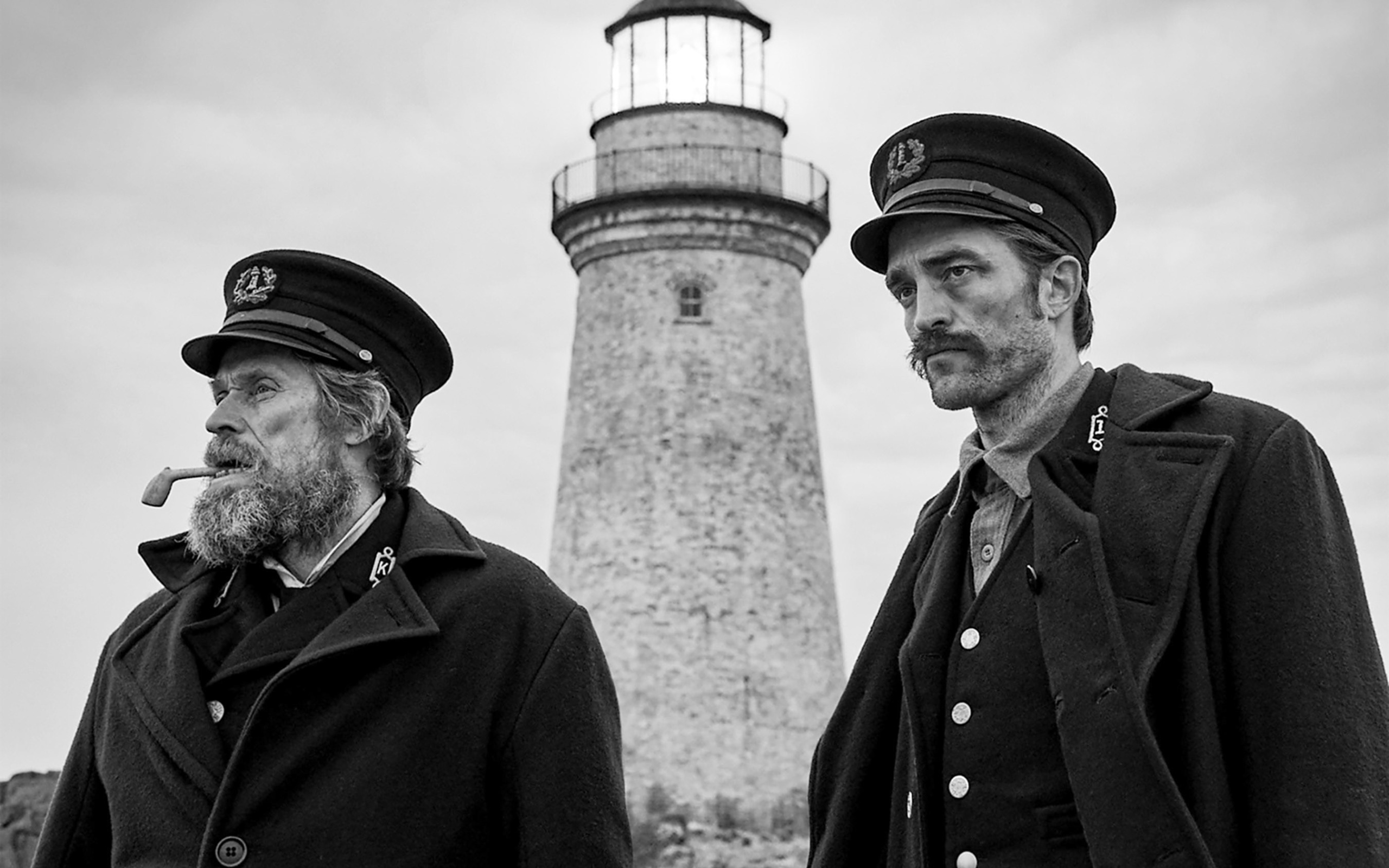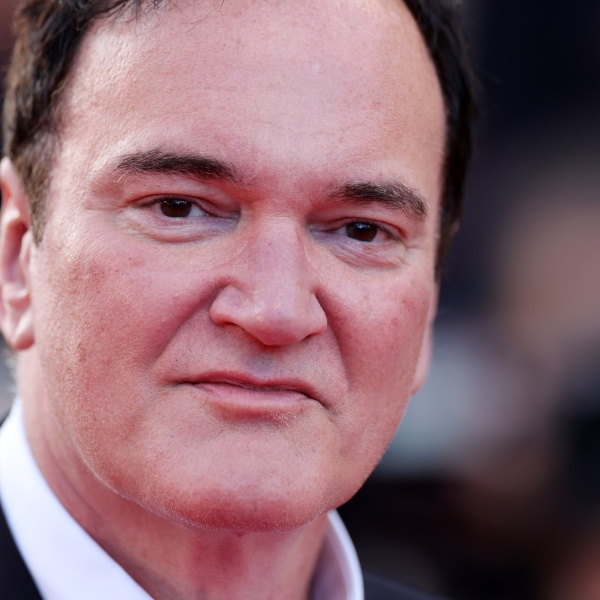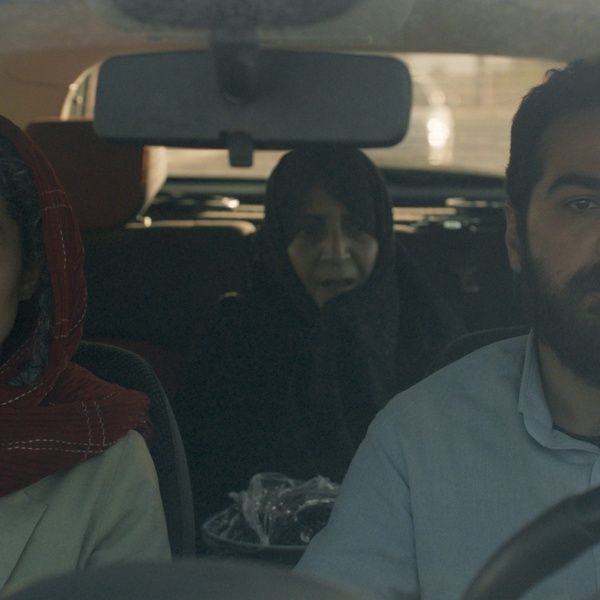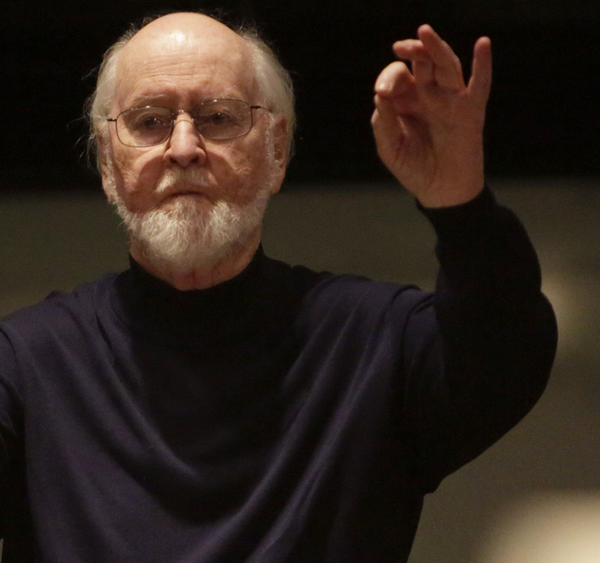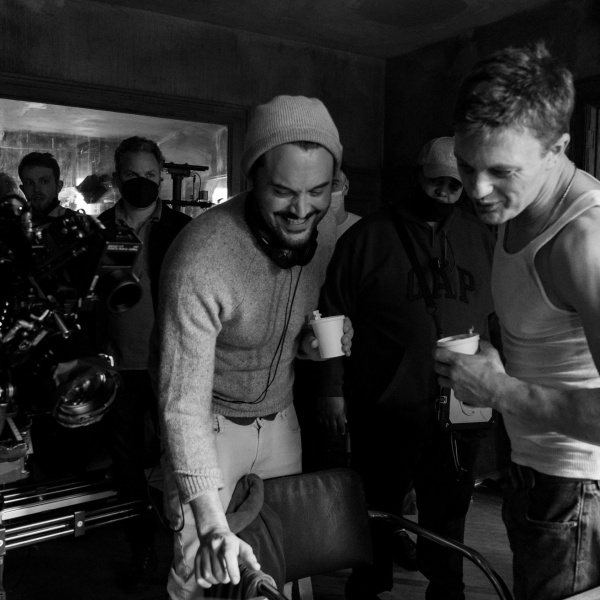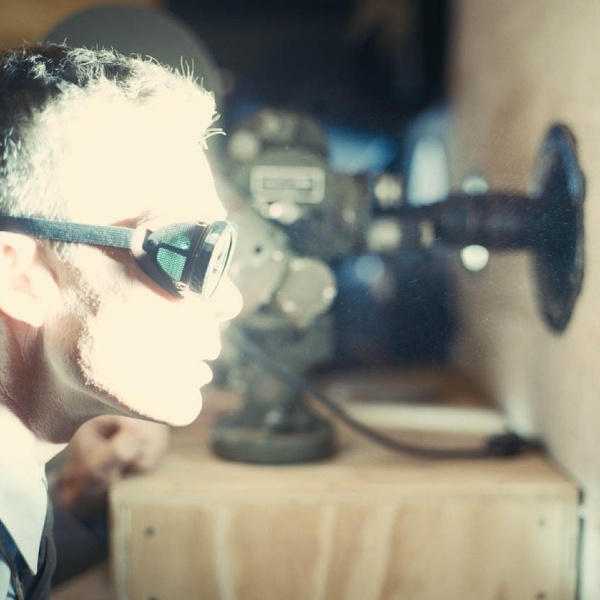Willem Dafoe is pointing to the black-and-white differences between him and “The Lighthouse” co-star Robert Pattinson.
In the introduction to A24’s Screenplay Book for Robert Eggers‘ 2019 two-hander “The Lighthouse,” Dafoe wrote that while he “got along well” with Pattinson, they are distinctly “different” actors.
“He was less enthusiastic about rehearsing and felt it inhibited spontaneity,” Dafoe wrote. “That said, our distinctly different approaches beautifully mirrored the different psychologies of our characters, which I think [director] Robert [Eggers] instinctively knew and used to help us find our roles and play the scenes.”
“The Lighthouse” starred Dafoe and Pattinson as two lighthouse keepers on a remote island. The duo descend into surreal madness by the sea over the course of the black-and-white film. Pattinson previously told Esquire that he found the rehearsal process to be “very, very frustrating” with script read-throughs and became “quite angry” with writer-director Eggers in the pre-production process.
In contrast to Pattinson’s perspective, Dafoe revealed in the A24 intro that he loves rehearsing, especially for character-driven dramas.
“It’s like training as an athlete,” Dafoe wrote. “You establish a base choreography and physical action, so when you shoot there’s a security in the dance you’ve learned and all of your senses are free to listen and feel what can never be calculated until you get there, in the room, in the moment, in front of the camera. You may depart from the dance, but without that practiced discipline and structure, things can lose tension or shape.”
Dafoe noted in the A24 Screenplay Book that he requested to be put in touch with Eggers after watching the auteur’s debut feature “The Witch” at the Angelika Theatre in New York City.
“Often a period film points to itself and wrestles you into a world with its period-correct elements, but ‘The Witch’ had such a sense of place,” Dafoe wrote of the feature, led by Anya Taylor-Joy. “It breathed. It lived. I thought: whoever made this is a real filmmaker.”
According to Dafoe, his connection with Eggers was “immediate,” in part due to their theater backgrounds.
“He was extremely well read, with a classics education, yet direct and unpretentious. I knew I had to work with this guy,” Dafoe wrote. “We kicked a few things around, but nothing quite came together until he called one day out of the blue and said, ‘I’ve got it. You and Rob Pattinson in a two-hander play lighthouse keepers. Yes or no?’”
“The Lighthouse” had Dafoe’s beloved components: “specificity of time and place, physicality, and all the things I must confess I like to do as an actor, to play with a period look and accent, to dance, sing, fight, flirt, joke, speechify. So many pleasures in the doing. But I was first struck by the beauty of the language,” he wrote, noting that even the “words were physical.”
The film was shot on location in Nova Scotia, with Dafoe revealing that enduring the extreme weather was one of the most difficult aspects of production.
“It wouldn’t be comfortable, and while I’m not a masochist there’s simply no substitute for shitty weather,” Dafoe wrote, “and its ability to put you in a place where you can tap into your body, where you don’t even have to pretend. When you are cold, you are cold. The elements were an essential part of the story, and we were going to be in them. Sometimes the weather was so fierce there was a risk of being blown into the sea, and the rain so strong (both natural and sometimes enhanced with production rain towers and firehoses) that it would sting and redden my skin.”
Dafoe added of “The Lighthouse” under Eggers’ vision, “He’s a world-maker, and I have always believed that the best directors create a world that is so complete it tells you how to behave.”
Dafoe went on to further collaborate with writer-director Eggers on “The Northman” and the upcoming “Nosferatu.” In addition, Dafoe also recently starred in Oscar-nominated “Poor Things” and will appear in Tim Burton’s “Beetlejuice 2,” plus the adaptation of “The Man in My Basement.”
A24’s commemorative screenplay book for “The Lighthouse” is available here.
